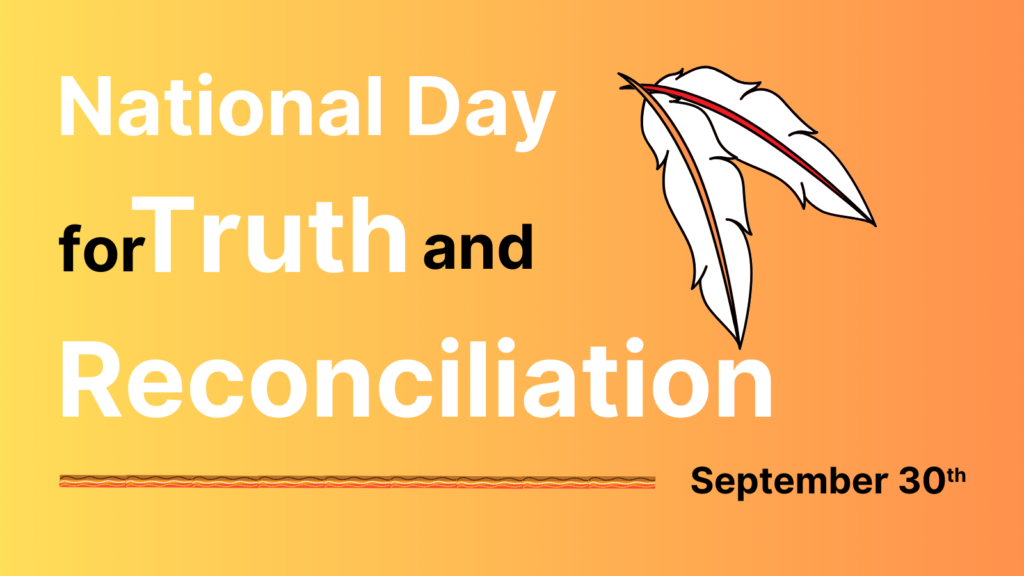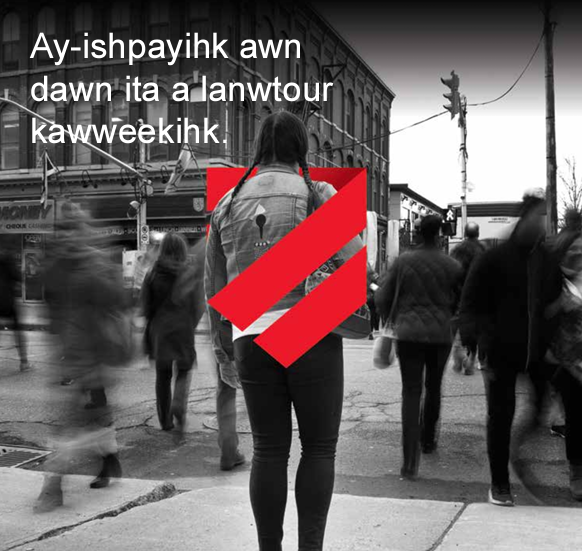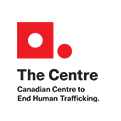September 30, 2023, marks the third National Day for Truth and Reconciliation. On this day, we pause to remember the children who never made it home from Canada’s residential and day schools and recognize the resiliency of the survivors, their families and communities.
The Canadian Centre to End Human Trafficking acknowledges this important day and the lasting legacy of these harmful, oppressive colonial policies on Indigenous communities. Upholding and creating new policies and practices without meaningful engagement with Indigenous peoples creates barriers to community healing and wellness, continues the marginalizing of Indigenous peoples and continues to make Indigenous women and girls more likely to be targeted for extreme violence, including human trafficking. According to data from the 2014 National Task Force on Sex Trafficking of Women and Girls in Canada, 51% of women and 50% of girls trafficked in Canada are Indigenous, despite comprising just 5% of the overall population.
Awareness about how human trafficking disproportionately impacts specific communities and the available support for First Nations, Inuit and Metis survivors of human trafficking can play a significant role in addressing this crime. As the Honourable Murray Sinclair, Chair of the Truth and Reconciliation Commission, stated, “Education got us into this mess, and education will get us out of it.” Accessing available resources can be a challenge for Indigenous survivors of trafficking, Indigenous survivors may fear that their experiences are not understood, may have experienced mistreatment by social services and institutions, and may have had past encounters with inappropriate or culturally uninformed resources.
Conversations leading up to Truth and Reconciliation Day are necessary but can also reactivate trauma in individuals and communities negatively impacted by this attempted cultural genocide. The Centre has compiled a list of supports and services to assist Indigenous peoples who may have been trafficked, focusing on women, girls, and gender-diverse people. We have also included resources for those who may want support ahead of Truth and Reconciliation Day.

Services and support
Beendigen Anishinabe Women’s Crisis Home & Family Healing Agency
Beendigen provides support, safety and shelter services for Indigenous women and children experiencing violence. Beendigen’s culturally appropriate programs aim to empower individuals and facilitate the cycle of healing for families. Beendigen is the operator of Talk for Healing – 1-888-200- 9997-a culturally grounded, fully confidential helpline for Indigenous women available in 14 languages all across Ontario.
Hope for Wellness Helpline: 1-855-242-3310.
The Hope for Wellness Helpline is available to all Indigenous people across Canada. Experienced and culturally competent counsellors are available by telephone and online ‘chat’ 24 hours a day, seven days a week to talk about:
- Experiences, challenges and issues – big or small
- Feelings of distress
- Assistance finding other wellness supports available
The National Indian Residential School Crisis Line: 1-866-925-4419
An independent, national, toll-free support call line is available to provide support for anyone who requires assistance. This line is free of charge and accessible 24/7.
The Canadian Human Trafficking Hotline: 1-833-900-1010
The Hotline operates confidentially 24 hours/365 days a year. It is a national service offering support in over 200 languages, including 27 Indigenous languages, accessible by phone, chat, web form and email. Independent of the police or the government, the Hotline has partnered with over 900 service providers nationwide, including culturally informed and Indigenous-led services, allowing staff to connect callers with localized expertise and services that meet their unique needs.
Sources:
National Inquiry into Missing and Murdered Indigenous Women and Girls. (2019). Reclaiming Power and Place: The Final Report of the National Inquiry into Missing and Murdered Indigenous Women and Girls, Volume 1a. Retrieved from https://www.mmiwg-ffada.ca/wp-content/uploads/2019/06/Final_Report_Vol_1a-1.pdf
Canadian Women’s Foundation (2014). No More: Ending Sex Trafficking in Canada. Retried from: https://www.canadiancentretoendhumantrafficking.ca/wp-content/uploads/2016/10/No-More-Ending-Sex-Trafficking-in-Canada.pdf
Resources:
Speak Out, Stop Sex Trafficking, https://endindigenoustrafficking.com/
Ontario Native Women’s Association. (2019). Journey to Safe Spaces: Indigenous Anti-Human Trafficking Engagement Report 2017-2018. Ontario Native Women’s Association. Retrieved from https://www.onwa.ca/_files/ugd/33ed0c_1a2b7218396c4c71b2d4537052ca47cd.pdf

